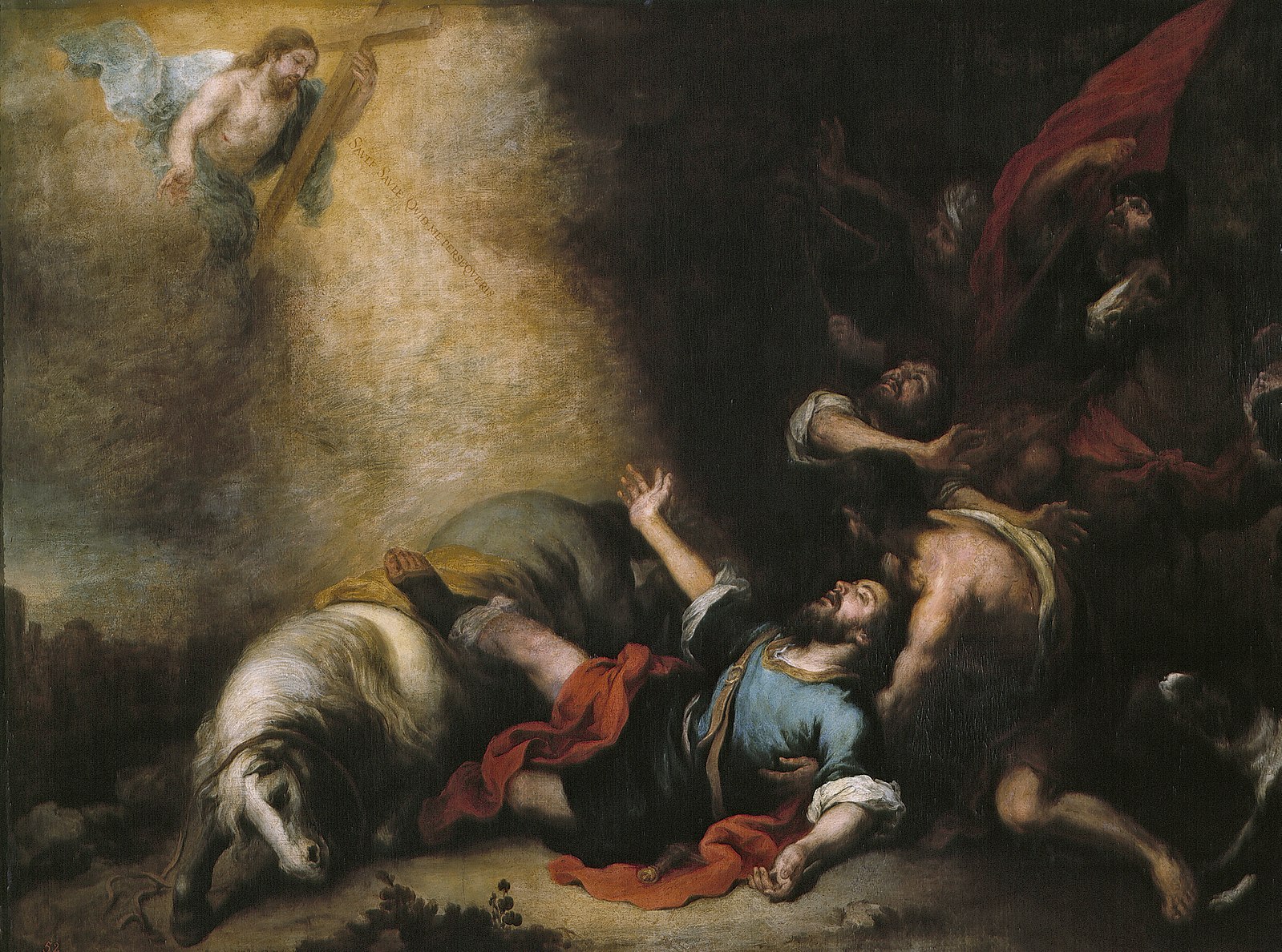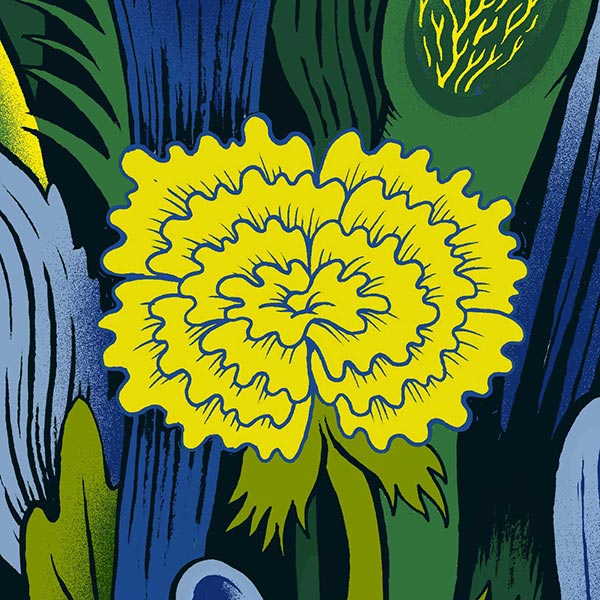
This month we learned about the relationship between spiritual experience, psychosis, and transformation, as well as the neuroscience of consciousness, new science funding mechanisms, the effect of clocks on people’s sense of time, the evolution of pain, and the influence of scientists on nuclear weapons policy.
Pivotal mental states
by Ari Brouwer
There are striking similarities between transformative spiritual experiences that change people’s lives for the better, and those that lead to psychosis. The author has researched what they call “pivotal mental states” which they see as an evolved capability for sudden and radical psychic change.
Related: The academic article on which this is based: Pivotal mental states
The Scientists, the Statesmen, and the Bomb: A case study in decision-making around the development of powerful technologies
by Samo Burja and Zachary Lerangis
This case study looks at attempts by scientists to influence the development of nuclear weapons in the US. While the scientists often were able to gain access to key decision makers, they couldn’t influence them, and this was often the result of a culture class between scientists and decision makers. This case study is useful to inform current attempts to influence the development of new, potentially-dangerous technologies.
Time, Work-Discipline, and Industrial Capitalism
by E. P. Thompson
Historian E.P. Thompson traces how the spread of clocks and the development of industrial capitalism changed people’s conception of time. People in pre-industrial societies experienced time through the succession of tasks in a day, and had little demarcation between work time and the rest of life. But the synchronisation of labour required in factories led to a new “time-discipline” based on clock-time.
An evolutionary medicine perspective on pain and its disorders
by Randolph M. Nesse and Jay Schulkin
Evolutionary medicine can offer new perspectives for understanding chronic pain. This article suggests that chronic pain could be better understood through looking at signal detection in situations of uncertainty, the mismatch between modern environments and those from human history, and the relationship between psychic and physical pain.
Related: This article is part of a special issue on the evolution of mechanisms and behaviour important for pain.
So You Want To Run A Microgrants Program
by Scott Alexander
This article by psychiatrist and blogger Scott Alexander describes his experience of running a microgrants programme. He gives an unusually honest account of facing the uncertainty and responsibility of making grantmaking decisions.
Related: Scott Aaronson’s writeup of his microgrants programme.
Unblock research bottlenecks with non-profit start-ups
by Adam Marblestone, Anastasia Gamick, Tom Kalil, Cheryl Martin, Milan Cvitkovic, Samuel G. Rodriques
This article outlines the need for Focussed Research Organisations (FROs), which develop tools or datasets to accelerate research. These would be non-profit and would fill a gap not currently filled by academia or for-profit companies. They compare FROs to other types of organisation, outline the authors’ progress in setting new ones up, and discuss the challenges ahead.
Is Reality a Controlled Hallucination?
by Anil Seth
Neuroscientist Anil Seth outlines his work to explain how consciousness works, breaking it down into three aspects – the level of consciousness, the content of consciousness, and the experience of the self.
Related: Seth’s book Being You: A New Science of Consciousness
Thanks for reading!
We’re always looking for interesting reading materials so get in touch if you have any to share.

